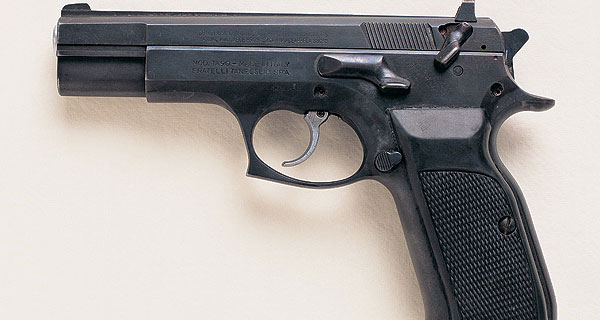×
The Standard e-Paper
Stay Informed, Even Offline
 |
| Buying firearms has become very easy in Kenya PHOTO: COURTESY |
By JECKONIA OTIENO
The increasing rate of crime in the country has been blamed on the high number of unlicenced guns held by civilians.